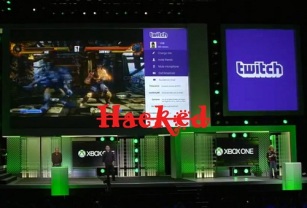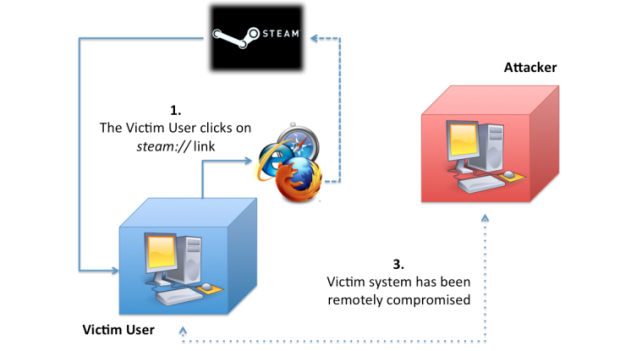A PERTH man’s house has been raided by police after he allegedly tried to sell a prototype of Microsoft’s new Xbox gaming console on the internet.
The house of a person living in Perth was raided by the local police on grounds that he was trying to auction off the development kit of the upcoming next-generation gaming console in the Microsoft Xbox series on the online auctioning site eBay. The new Xbox console, codenamed Durango is due to be launched by Christmas this year. The person is a teenager, referred to as SuperDae whose real name is Dan ‘Dylan’ Henry, who had his house raided on February 19th after the police furnished a search warrant and apprehended him as he attempted the sale of the prototype of the to be launched Durango console. Moreover, the Federal Bureau of Investigation was also involved in the raid and confiscation of items and is charging him with international corporate espionage.
The raid was carried out a few months after the teenager discussed about the upcoming console on his Twitter account which happens to be quite popular and which he auctioned the development kit on eBay. A spokesperson for the West Australian police did mention that ‘Technology Crime Investigation unit is currently conducting a multi-jurisdictional investigation into computer-related offences,’ and that ‘A search warrant was conducted Tuesday the 19th of February 2013 in relation to this investigation where items were seized.’ However the spokesperson did not make any comment on the involvement of FBI in the relevant raid. During the raid, items the police confiscated include computers, Blackberry, VISA cards, and banking records etc.
SuperDaE did tweet about the raid in his house tweeting ‘police raided me’ and said that ‘an FBI agent and 7-8 police in your house and also that , ‘I don’t even have bank cards to buy or pay for a lawyer or a phone,’. He even published the police search warrant online and said that the mention of Microsoft, PayPal and eBay was funny. Microsoft, in the meanwhile has denied allegations that they were behind sponsoring the raid in any manner and they have nothing to do with all this, “Microsoft did not initiate this FBI investigation with this individual, as has been asserted in some of the articles in the media,” and that “We take security very seriously and have no evidence of any compromise of our corporate network. We have no further comment on this matter.” However, the truth in this statement is disputed as is the involvement of the FBI.
All this controversy and hype surrounding the case has made people curious about this man and who he is actually. Well, SuperDae is an active and persistent video game hacker who has a record of infiltrating giant video game companies such as Epic, Blizzard and Sony and claimed to have obtained versions of games which were yet to be released. Moreover, he also claimed that he did not commit any hack for any personal gain or commercial profit but just as a curious hacker who wanted to expose security fallacies even thinking of himself as a cyber security consultant. Whether he is just a curious teenager caught in the act, or a cyber criminal will be clear only after further investigation.



